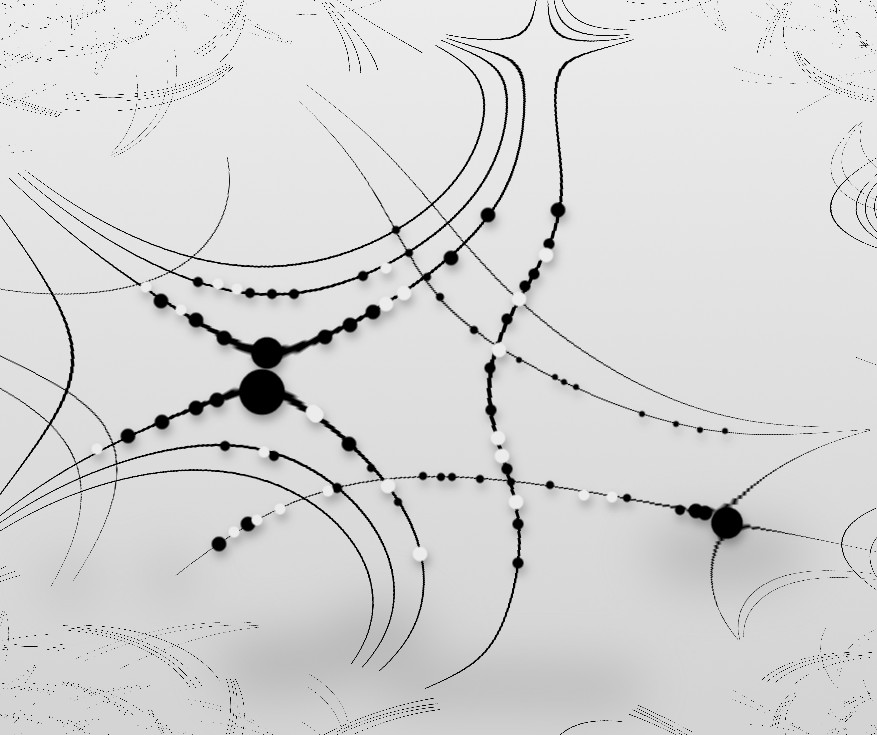Sometimes you may need such a script, which lets you access to an array fields with string having dots as a depth delimiter. Let’s have an array:
$array = array( 'women' => array( 'cloths' => 'always lack', 'money' => 'never enough', 'mind' => 'calm', ), 'men' => array( 'cloths' => 'whatever', 'money' => 'hidden', 'mind' => 'reckless', ), );
Normally it looks like this:
echo $array['men']['cloths'];
But for the code clarity and also other benefits you could use it this way:
$da = new Picios\Lib\DottedArray($array);
echo $da->get('men.cloths');
In both cases the output will be:
whatever
So what the hell is that for, if the code is longer and it requires using additional class?
Now the benefits
code clarity
Like I said earlier, the code clarity. It’s easier to read and write
'men.cloths'
than
['man']['cloths']
easy controll
Moreover if you try to get to not existing array index with the code:
echo $array['women']['head'];
you’ll get a notice of undefined index. To prevent this, we use condition
if (array_key_exists('head', $array['women'])) {
echo $array['women']['head'];
}
againts
if ($da->get('women.head')) {
echo $da->get('women.head');
}
extendable
you can always extend the basic functionality of a class.
class MySession extends Picios\Lib\DottedArray
{
public function getUser()
{
return $this->get('user.data');
}
public function isLoggedIn()
{
return $this->get('user.data') ? true : false;
}
}
and then use it
$mysession = new MySession($_SESSION);
if ($mysession->isLoggedIn()) {
var_dump($mysession->getUser());
}
Here’s a complete source code of the class. The snippet is a part of my own framework.
Use it well nerds
<?php
/**
* Get or Set array node using dot notation
*
* @author picios
* @copyright (c) 2016, picios
*/
namespace Picios\Lib;
class DottedArray
{
private $array = array();
public function __construct($array)
{
$this->array = $array;
}
public function set($key, $value = true)
{
$reference = & $this->getReference($key, true);
$reference = $value;
}
public function &get($key = false)
{
if (!$key) {
return $this->array;
}
return $this->getReference($key);
}
public function delete($key)
{
$keys = explode('.', $key);
if (count($keys) < 2) {
unset($this->array[$keys[0]]);
return true;
}
$lastKeyToDelete = array_pop($keys);
$longKey = implode('.', $keys);
$reference = & $this->getReference($longKey);
unset($reference[$lastKeyToDelete]);
}
protected function &getReference($key, $forWritting = false)
{
$keys = explode('.', $key);
$reference = & $this->array;
foreach ($keys as $levelKey) {
if ($forWritting || isset($reference[$levelKey])) {
$reference = & $reference[$levelKey];
} else {
$result = null;
return $result;
}
}
return $reference;
}
}
You can also download it from Github.com

KpaX says:
hmm, does it work? If does, it’s beautiful
hey@ter says:
hi, it’s awesome. Works for me :*
AnDrew says:
Wow, I this is what Ive been searching for. Thanks dude